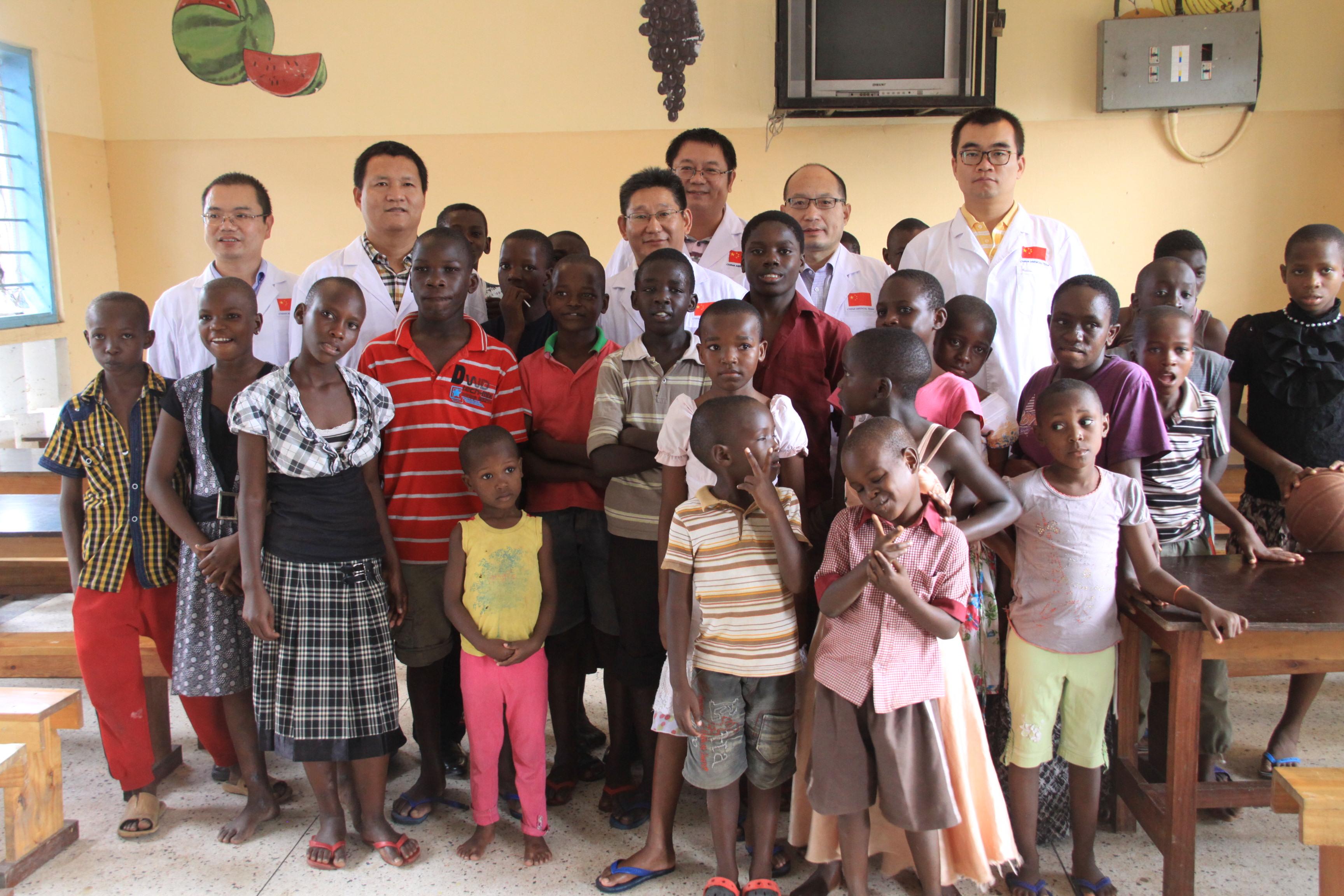Health and Hope Across Borders

On April 7, World Health Day, the 27th Chinese medical team dispatched to Tanzania held a mobile-free clinic in the Arusha region. Dr. Zhang Junqiao, team leader and doctor from Shandong Second Medical University, said the clinic helped bring Chinese medical expertise to wider range of communities. The team remains committed to saving lives and improving health services in Tanzania's healthcare system.
Providing medical aid abroad has long been an important part of China's diplomatic efforts. In April 1963, the first Chinese medical team arrived in North Africa, launching over 60 years of international medical assistance. Since then, the Shandong Second Medical University has sent 23 medical professionals to countries such as Tanzania, Seychelles, and Tonga.
In 1982, Professor Chen Zhiren, from the university's pathology department, became the first medical aid team member sent overseas. At that time, a large number of patients requiring surgery had been backlogged for years, which delayed relevant diagnoses and treatment. In just three months, Professor Chen examined all the backlogged cases. His efforts represented the beginning of a lasting bond between the university and the people of Tanzania—a friendship that has been carried forward by generations of Chinese medical professionals.
Traditional Chinese Medicine (TCM) has also played a significant role in foreign medical aid services. In 1991, China dispatched its first TCM expert group to the Estonian Soviet Socialist Republic, including Tao Enxue and Tian Wenping from Shandong Second Medical University. When Estonian President Arnold Rüütel suffered from acute laryngitis, they cured his chronic illness in just two weeks using TCM. They subsequently organized 28 training sessions, trained 1,400 students, andtreated 2,000 patients, while methods such as plum blossom needle therapy and massage were highly praised by the local population.
In recent years, doctors from Shandong Second Medical University have achieved remarkable feats during their foreign aid missions. They helped introduce cardiac and vascular ultrasound exams, diagnosed rare conditions like ocular albinism and Leber's hereditary optic neuropathy, and promoted practical techniques such as digital palpation for eye pressure and one-handed eyelid flipping. In one critical case, Dr. Xia Fei performed emergency surgery to save a patient's ruptured eye and restore vision to 0.5 visual acuity.
At Muhimbili National Hospital in Dar es Salaam, Zhang Junqiao trainslocal doctors. He noted that techniques like video laryngoscope and bronchoscope-guided intubation are common in China but remain unavailable locally due to resource limitations. In this context, Zhang focuses on building local capacity, believing that true support means empowering others—leaving behind not just technology, but a capable and self-sufficient medical team.
To date, the 27 batches of Chinese medical teams that have served in Tanzania, have treated approximately 20 million cases and helped hospitals fill numerous technological voids. This achievement reflects a proud history and a hopeful future. As Tang Jiande and Zhang Haifeng, members of the new batch of aid teams to Tonga, said, "We are honored to carry the baton passed down by our predecessors. With great responsibility, we are committed to continuing their mission."
The story of Shandong Second Medical University's foreign aid continues, with each doctor contributing in their own way to build a life-saving bridge across borders. These efforts have not only improved medical conditions in recipient countries but also strengthened the emotional bonds between the Chinese people and those abroad.






